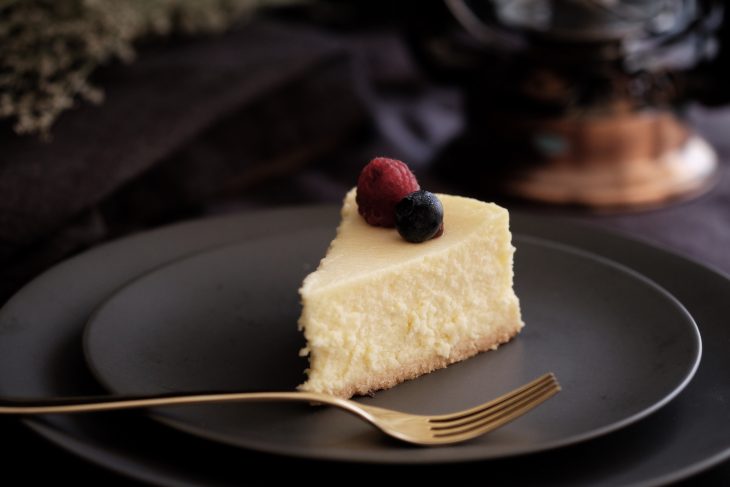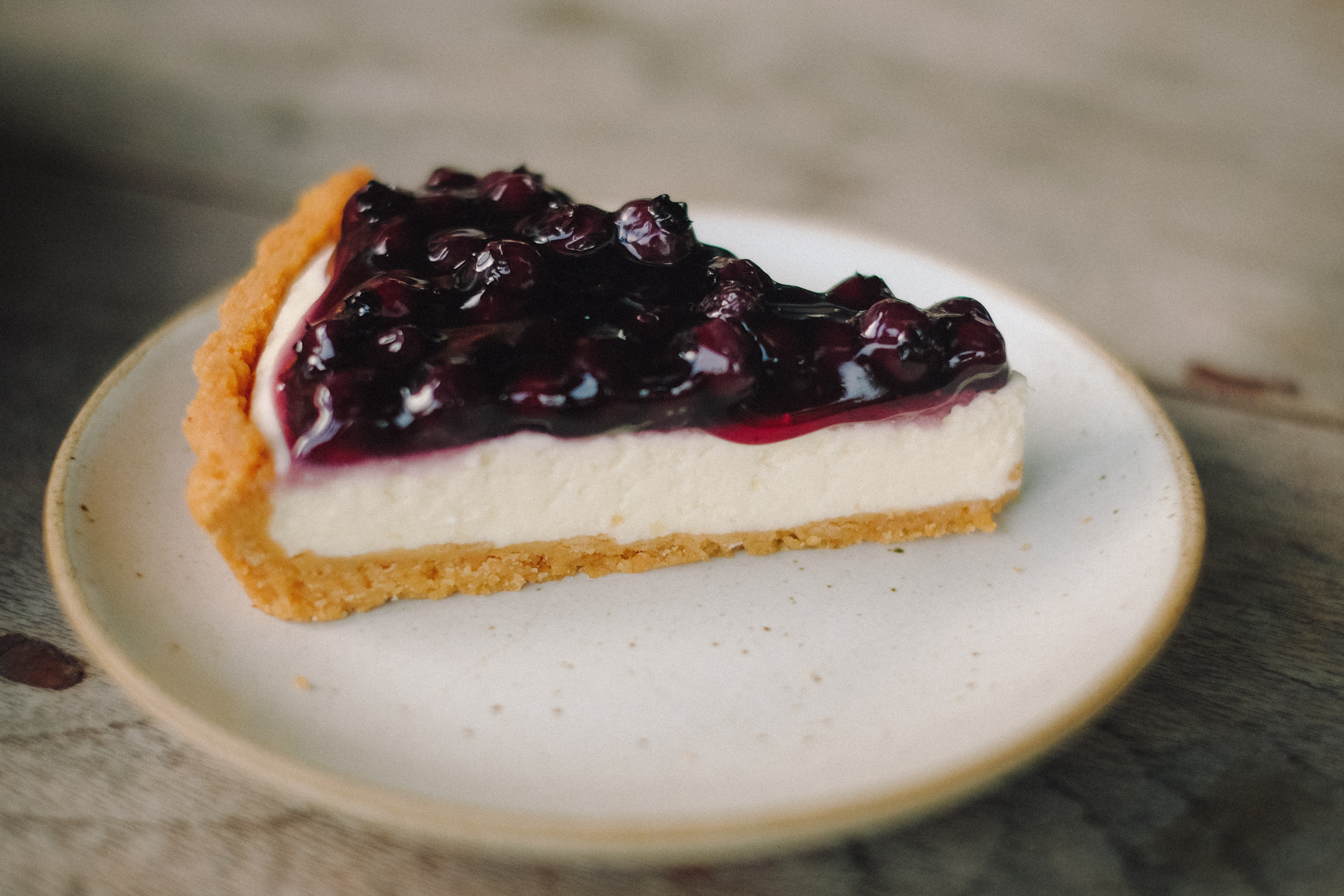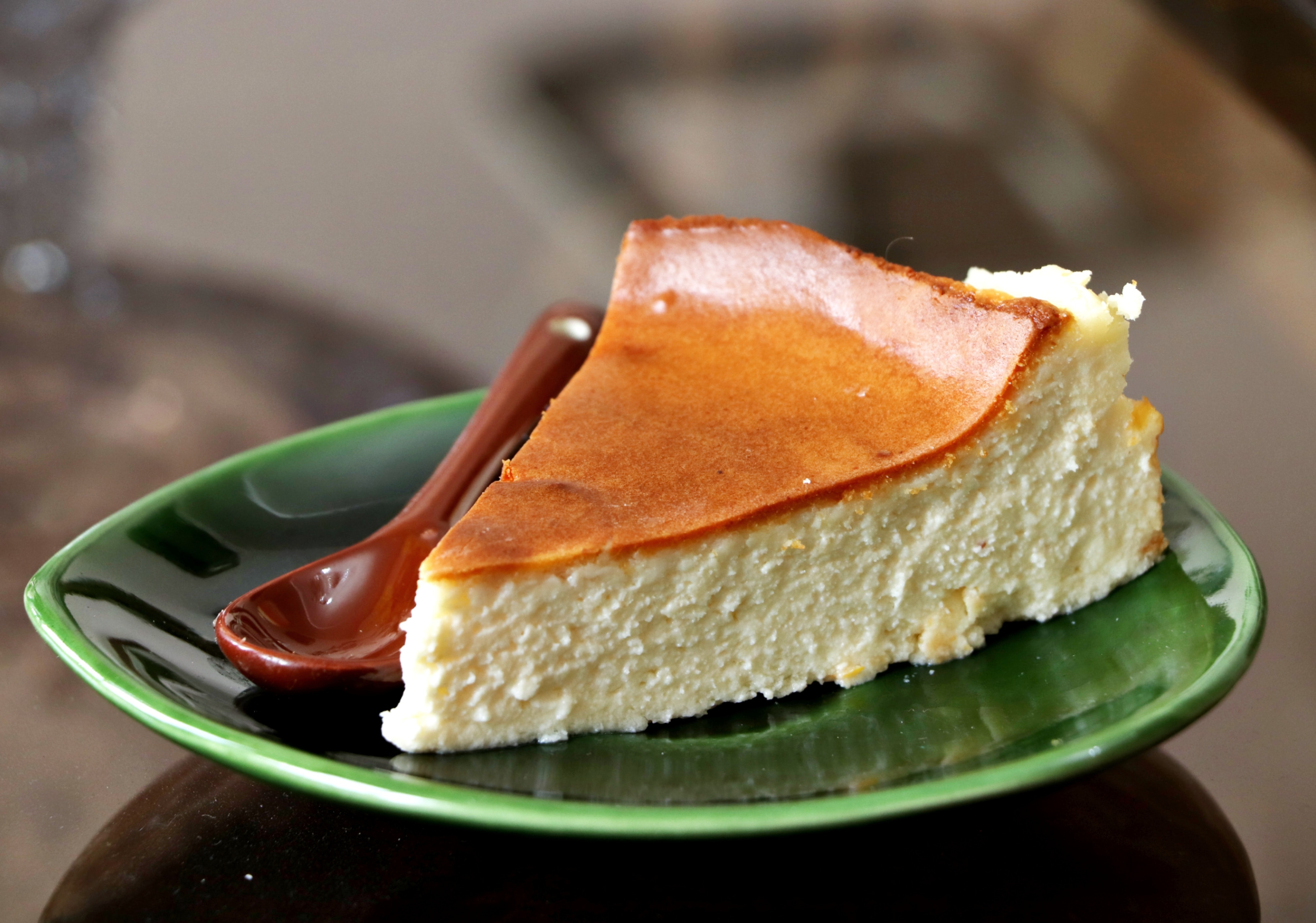
Cheesecake is a beloved dessert known for its rich and creamy texture, indulgent flavors, and irresistible appeal. Whether you’re a fan of the classic New York-style cheesecake or enjoy the creative variations like chocolate, strawberry, or caramel, this article will delve into 11 nutrition facts about cheesecake. We’ll explore its calorie content, macronutrient composition, and other important details to help you make informed decisions about indulging in this delightful treat.
Calorie Content
Cheesecake is a dessert that is relatively high in calories. On average, a single slice of cheesecake can contain around 250 to 500 calories, depending on the size and ingredients used. The calorie content can vary depending on factors such as the crust, filling, and toppings.
Fat Content
Cheesecake is known for its creamy texture, and this is largely due to its fat content. A typical slice of cheesecake can contain around 15 to 30 grams of fat. The fat in cheesecake comes from ingredients like cream cheese, sour cream, and butter used in the crust.
Protein Content
Cheesecake contains a moderate amount of protein, primarily from the cream cheese and eggs used in the recipe. A slice of cheesecake usually provides around 5 to 10 grams of protein. While it’s not a significant source of protein, it does contribute to the overall nutrient composition.
Carbohydrate Content
Cheesecake is relatively high in carbohydrates, primarily from the sugar and crust used in the recipe. A slice of cheesecake typically contains around 30 to 60 grams of carbohydrates. The carbohydrate content can vary depending on the type of crust and any additional toppings or fillings.
Sugar Content
Sugar is a key component in cheesecake, contributing to its sweet and indulgent flavor. The sugar content can range from 20 to 50 grams per slice, depending on the recipe and any added sweeteners or toppings. It’s important to note that the sugar content may be higher in flavored or fruit-topped cheesecakes.

Fiber Content
Cheesecake is not a significant source of dietary fiber. Most recipes do not contain ingredients that are high in fiber, resulting in relatively low fiber content. A slice of cheesecake may provide around 1 to 2 grams of fiber, depending on the crust and any additional ingredients used.
Cholesterol Content
Cheesecake is typically high in cholesterol due to the cream cheese and eggs used in the recipe. A slice of cheesecake can contain around 50 to 100 milligrams of cholesterol. It’s important to keep in mind your overall dietary cholesterol intake if you have specific health concerns.
Sodium Content
Cheesecake can vary in its sodium content depending on the recipe and any additional toppings or fillings. On average, a slice of cheesecake may contain around 150 to 300 milligrams of sodium. It’s important to consider your overall sodium intake, especially if you have dietary restrictions or health conditions.
Vitamin and Mineral Content
Cheesecake is not a significant source of vitamins or minerals. However, it does contain small amounts of certain nutrients like calcium, phosphorus, and vitamin A due to the dairy-based ingredients used in the recipe. These quantities, though small, can contribute to your overall nutrient intake.

Dietary Considerations
Individuals with dietary restrictions or health conditions should exercise caution when consuming cheesecake. It is important to be mindful of the ingredients used, such as gluten for individuals with celiac disease or lactose for those with lactose intolerance. There are alternative recipes available that cater to specific dietary needs.
Moderation is Key
While cheesecake may not be the healthiest dessert option, it can still be enjoyed in moderation as part of a balanced diet. By practicing portion control and making mindful choices, you can savor the deliciousness of cheesecake without compromising your overall health and wellness goals.
Conclusion
In conclusion, cheesecake is a delicious dessert that provides a decadent and indulgent experience. However, it is important to consume it in moderation and be mindful of its high calorie, fat, and sugar content. By practicing portion control and making informed choices, you can enjoy cheesecake as part of a balanced diet. Remember to explore healthier alternatives and consider your dietary needs and restrictions when indulging in this delightful treat.
Frequently Asked Questions (FAQs)
Can I include cheesecake in a healthy eating plan?
Cheesecake can be enjoyed as part of a balanced diet, but it’s important to be mindful of portion sizes and frequency of consumption. It’s best to indulge in moderation and balance it with nutrient-rich foods.
Can I make a healthier version of cheesecake?
Yes, there are various healthier versions of cheesecake available, such as those made with Greek yogurt or tofu as a cream cheese substitute, and using natural sweeteners or fruit toppings instead of excessive sugar.
Are there gluten-free cheesecake options available?
Yes, there are gluten-free cheesecake options available that use alternative crust ingredients like almond meals or gluten-free graham crackers. You can also explore crustless cheesecake recipes.
Can I freeze the cheesecake for later consumption?
Yes, cheesecake can be frozen for later consumption. It’s best to wrap it tightly to prevent freezer burn and maintain its quality. Thaw it in the refrigerator before serving.
Can I customize the cheesecake to suit my preferences?
Absolutely! Cheesecake is a versatile dessert that can be customized with various flavors and toppings. Get creative and experiment with different combinations to suit your taste.
Was this page helpful?
Our commitment to delivering trustworthy and engaging content is at the heart of what we do. Each fact on our site is contributed by real users like you, bringing a wealth of diverse insights and information. To ensure the highest standards of accuracy and reliability, our dedicated editors meticulously review each submission. This process guarantees that the facts we share are not only fascinating but also credible. Trust in our commitment to quality and authenticity as you explore and learn with us.
